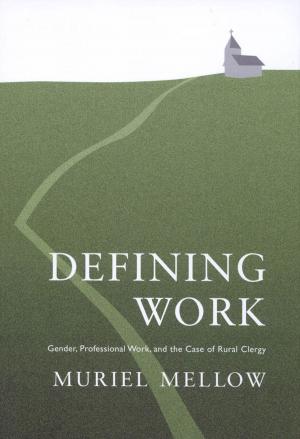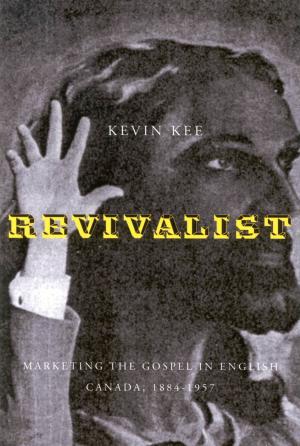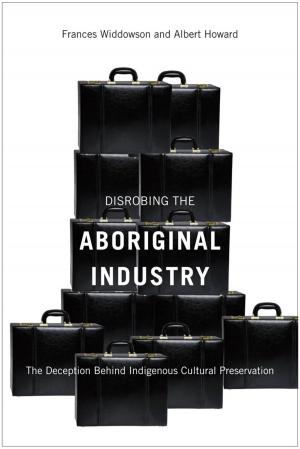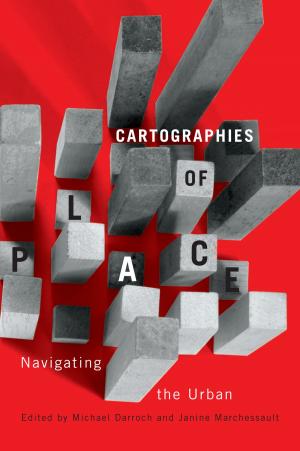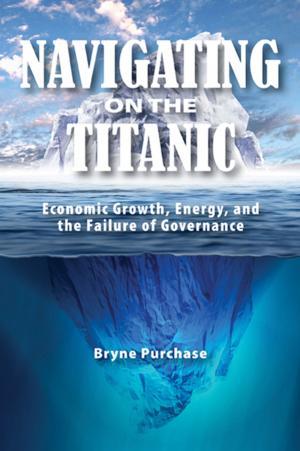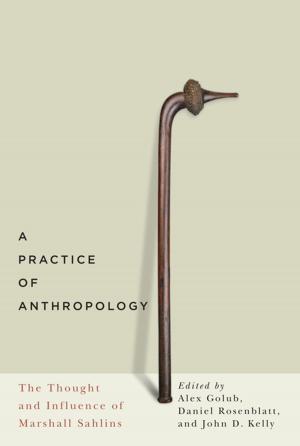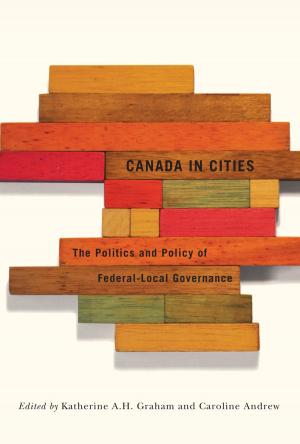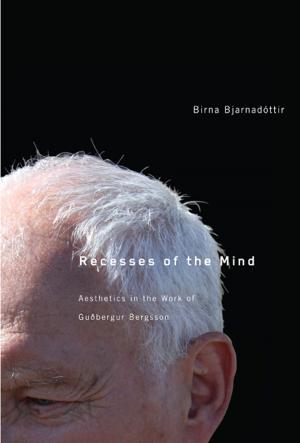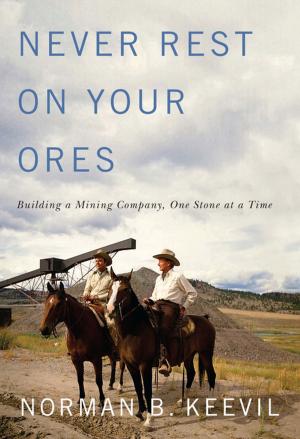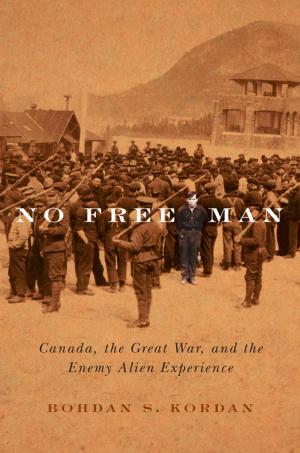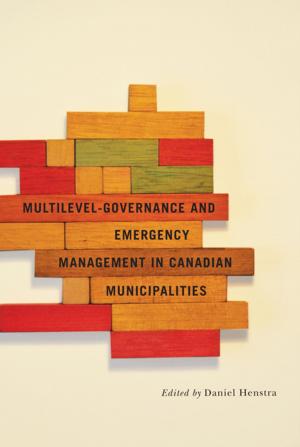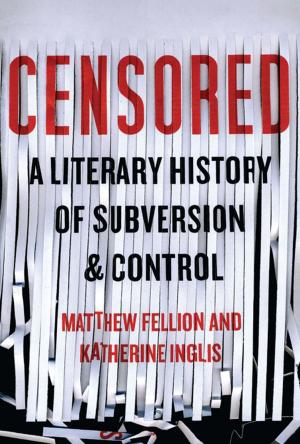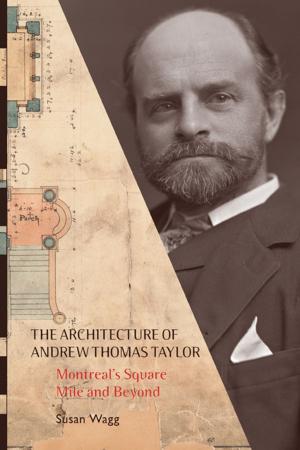Republicanism and Responsible Government
The Shaping of Democracy in Australia and Canada
Nonfiction, History, Australia & Oceania| Author: | Benjamin T. Jones | ISBN: | 9780773592070 |
| Publisher: | MQUP | Publication: | June 1, 2014 |
| Imprint: | MQUP | Language: | English |
| Author: | Benjamin T. Jones |
| ISBN: | 9780773592070 |
| Publisher: | MQUP |
| Publication: | June 1, 2014 |
| Imprint: | MQUP |
| Language: | English |
Despite remarkable similarities, little attempt has been made to compare the political development of colonial-era Australia and Canada. Both nations were born as British colonies and used violent and non-violent means to agitate for democratic freedoms. Republicanism and Responsible Government explores how these sister colonies transformed the very nature of the British Empire by insisting on democratic self-rule. Focusing on the middle of the nineteenth century, Benjamin Jones explores key points in colonial Australian and Canadian history - Canada's Rebellions of 1837-38 and the Durham Report, and Australia's anti-transportation movement and the Eureka Stockade. Previously, historians have looked to liberalism when explaining radicalism and democratization. Jones, however, contends that Canadian and Australian radicals and reformers were influenced by the ancient political philosophy of civic republicanism, with its focus on collectivism, civic duty, and virtue. William Lyon Mackenzie and John Dunmore Lang, he argues, did not champion republicanism to achieve individual rights but to create a virtuous society free from the corruption they saw in the status quo. Republicanism and Responsible Government challenges traditional interpretations of key events in Australian and Canadian history and shows that even though both nations remain constitutional monarchies, republican ideas have shaped their foundations since the earliest days of settlement.
Despite remarkable similarities, little attempt has been made to compare the political development of colonial-era Australia and Canada. Both nations were born as British colonies and used violent and non-violent means to agitate for democratic freedoms. Republicanism and Responsible Government explores how these sister colonies transformed the very nature of the British Empire by insisting on democratic self-rule. Focusing on the middle of the nineteenth century, Benjamin Jones explores key points in colonial Australian and Canadian history - Canada's Rebellions of 1837-38 and the Durham Report, and Australia's anti-transportation movement and the Eureka Stockade. Previously, historians have looked to liberalism when explaining radicalism and democratization. Jones, however, contends that Canadian and Australian radicals and reformers were influenced by the ancient political philosophy of civic republicanism, with its focus on collectivism, civic duty, and virtue. William Lyon Mackenzie and John Dunmore Lang, he argues, did not champion republicanism to achieve individual rights but to create a virtuous society free from the corruption they saw in the status quo. Republicanism and Responsible Government challenges traditional interpretations of key events in Australian and Canadian history and shows that even though both nations remain constitutional monarchies, republican ideas have shaped their foundations since the earliest days of settlement.

